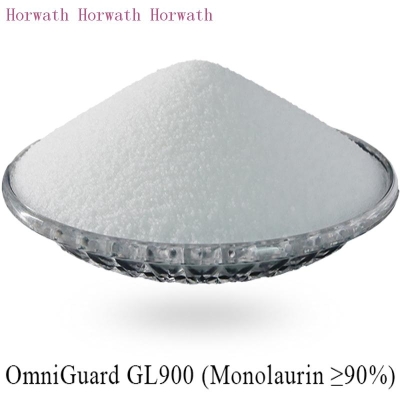Scholars believe that the incidence of mad cow disease in the United States is very small
-
Last Update: 2001-12-03
-
Source: Internet
-
Author: User
Search more information of high quality chemicals, good prices and reliable suppliers, visit
www.echemi.com
Lead: November 30 (Reuters) - a new study shows that the risk of BSE in the United States is very low But the U.S government still takes precautions, plans to test more cattle, and consider banning the use of spinal cord material in cattle feed The study, carried out by researchers at Harvard University, said in their report that the United States is "extremely unlikely" to catch the deadly disease because of strict trade restrictions in the United States In a three-year study funded by the U.S Department of agriculture, Harvard researchers compared health programs and beef processing systems in Europe and the United States to see if the United States was susceptible to the disease "As far as we know, there is no sign of BSE in the United States," said George gray, who led the Harvard study We found that even if BSE was introduced into the United States, it would not develop " Gray added: "the government has taken measures, even if the measures are not perfect, the disease will soon die in cattle, and people are very unlikely to get mad cow disease through sick cattle." The USDA plans to quarantine more cattle U.S Agriculture Secretary Ann Veneman said the number of cattle tested for BSE by the Department of agriculture will double next year to more than 12500 USDA will also consider whether to introduce new federal regulations to reduce the possibility of human infection with BSE Annveneman said the bill would include a ban on meat processing plants using animal brains and spinal cord to process food, and the use of certain devices to slaughter cattle USDA is also considering strengthening regulations for the management of dead livestock on farms and pastures These dead cattle are thought to be a potential way to spread mad cow disease The U.S Meat Institute says the livestock industry has voluntarily complied with the regulations put forward by many countries, but these regulations must have scientific basis for the industry to support Studies have shown that American livestock are less likely to get mad cow disease from cattle imported from the UK in the 1980s, and the US banned cattle from the UK in 1989 The fact that American livestock are kept in captivity with cattle imported from Britain does not mean that they will become infected with mad cow disease About 173 imported cattle from the UK can be traced and tested for BSE by USDA Harvard researchers said that if any of these imported cattle had mad cow disease, the probability of American cattle and the sick cattle together was only 18% Studies have shown that if BSE is transmitted to the United States, it will not reach the prevalence rate of the United Kingdom, and will be eradicated within 20 years Since the mid-1980s, the first case of BSE broke out in Britain, and BSE has spread to more than ten European countries and Japan Sales of beef in Japan have fallen by more than 50% since the first case of BSE was found in September American agricultural group, together with Federal Agricultural regulators, has spent years developing livestock regulations to prevent the spread of mad cow disease Since the outbreak of BSE in Britain in the mid-1980s, the United States has banned the import of animals, meat and human blood from Europe Experts say joining the U.S outbreak of mad cow disease will destroy 10 billion livestock and shake consumer confidence in food safety (author:) share to feed Weibo share to:
This article is an English version of an article which is originally in the Chinese language on echemi.com and is provided for information purposes only.
This website makes no representation or warranty of any kind, either expressed or implied, as to the accuracy, completeness ownership or reliability of
the article or any translations thereof. If you have any concerns or complaints relating to the article, please send an email, providing a detailed
description of the concern or complaint, to
service@echemi.com. A staff member will contact you within 5 working days. Once verified, infringing content
will be removed immediately.







